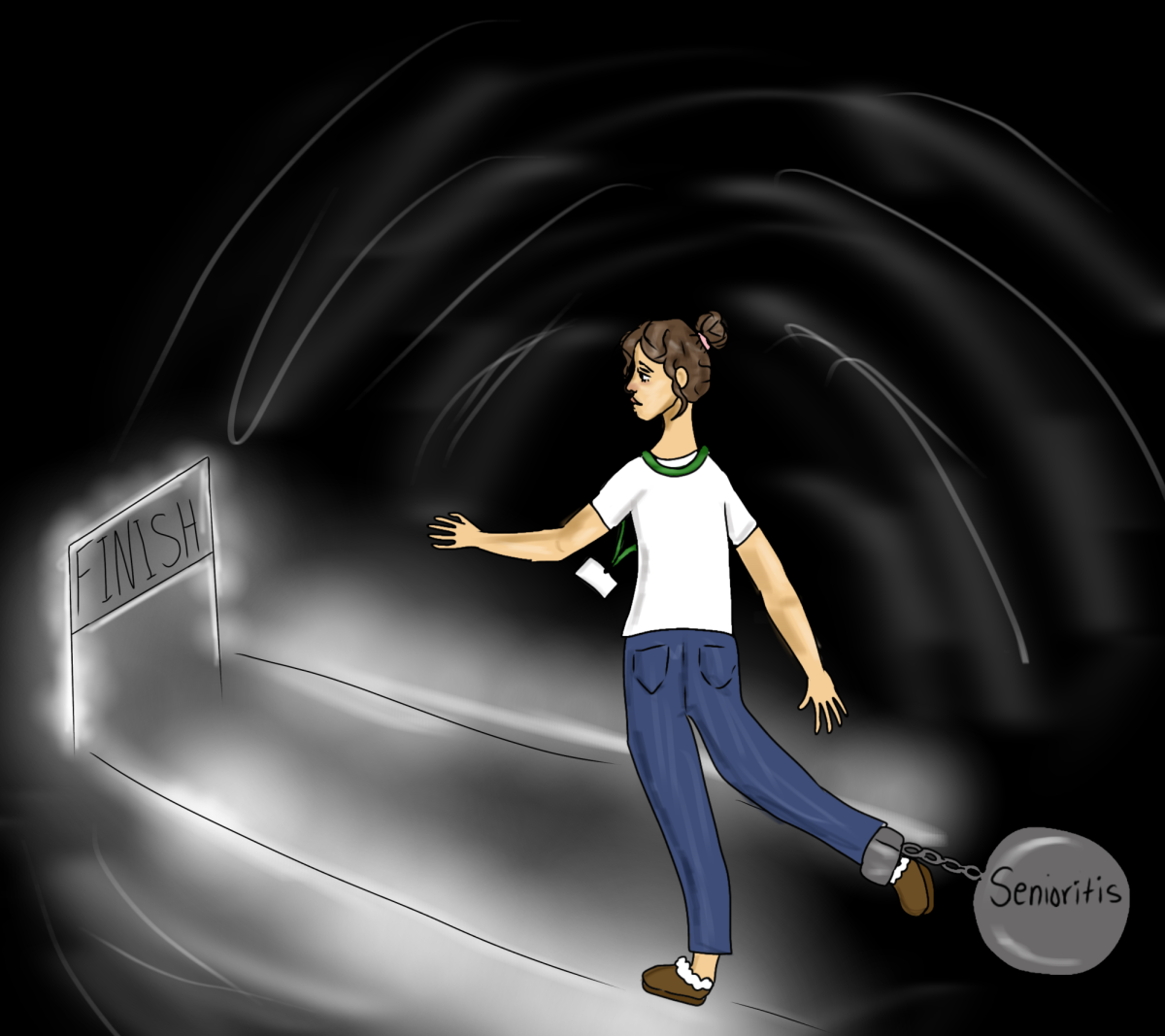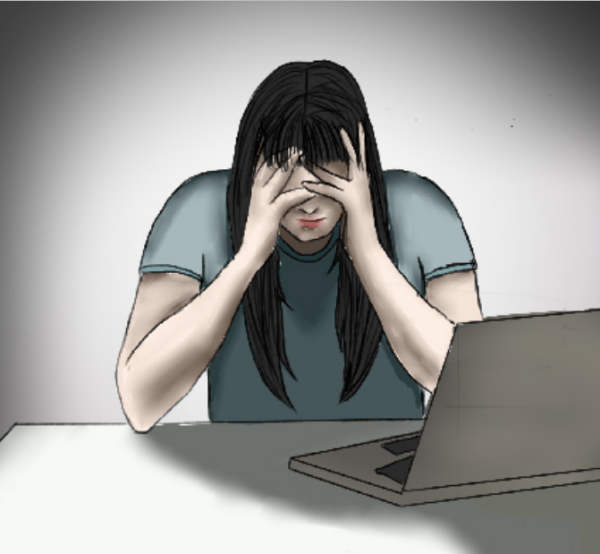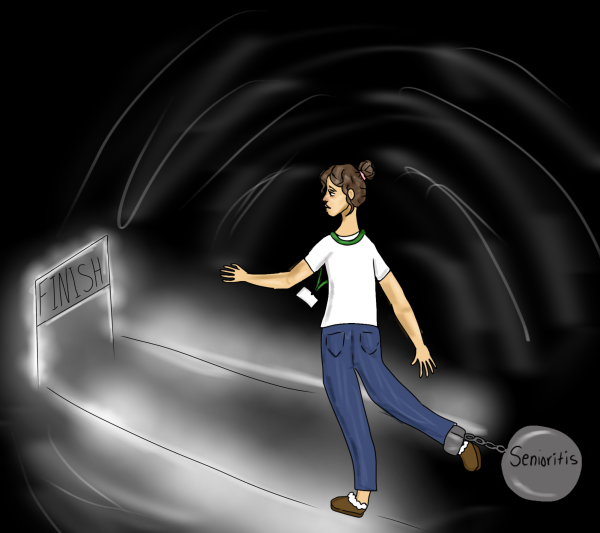The School Day Should Start Later
According to national studies, nearly 10% of U.S. high schools currently start before 7:30 a.m., 40% start before 8 a.m., and only about 15% start after 8:30 a.m. In some districts, this means that adolescent students need to wake up at 5 or 6 in the morning to prepare for the school day, and their day ends sometimes even before 2 p.m. This schedule does not synchronize with the sleeping pattern of adolescents, which leads to sleep deprived students who do not perform in the best way they possibly can.
Many schools on Long Island start their day later than the schools in Lynbrook. This early start may cause sleep deprivation in many students in LHS, and many are unable to focus throughout the day during their classes. Although extra-curricular activities may be pushed back a few hours, starting the day later would be better for students attending LHS. John Krendel, a senior, said, “I would enjoy if the school day stated later than it currently does. I don’t get enough sleep at nights.”
According to studies done at the University of California, Los Angeles (UCLA), the natural shift in a teen’s circadian rhythms, also known as the is “sleep phase delay,” postpones teenagers’ sleep rhythms for about two hours. At first, teens may appear to be suffering from insomnia since they will have a hard time falling asleep at the usual time. While they begin going to sleep later, they still need an average of nine hours of sleep at night. Because most teens wake up early for school, it is important for them to go to bed on time. If they go to bed late, they will be unable to obtain the sleep that they need. Sophomore Charlie Gebbia states, “Schools should cooperate with adolescent and try not to go against their biological rhythms.” Additionally, it is unrealistic that students will be able to go to bed early. Factoring in homework, sports, extracurricular clubs, and studying, many students cannot always go to bed on time. By starting school later, students can obtain the sleep they need all while balancing after-school activities and homework.
Not only do these irregular schedules for school affect the health of the students, they also affect the people around them. When public school times change, the whole community’s rhythms are shifted. After school ends, students have up to four hours where they are unsupervised until the typical adult workday ends. This is the peak period for adolescent crime and risky behavior. Sophomore Abigail Loiselle, says, “If school started later, I feel as though I would excel more in my classes.”
Again, school should start later here at LHS. It would benefit the students physically and mentally, and it would benefit the community as well. A later school day would help teenagers be more successful in all that they pursue.







































